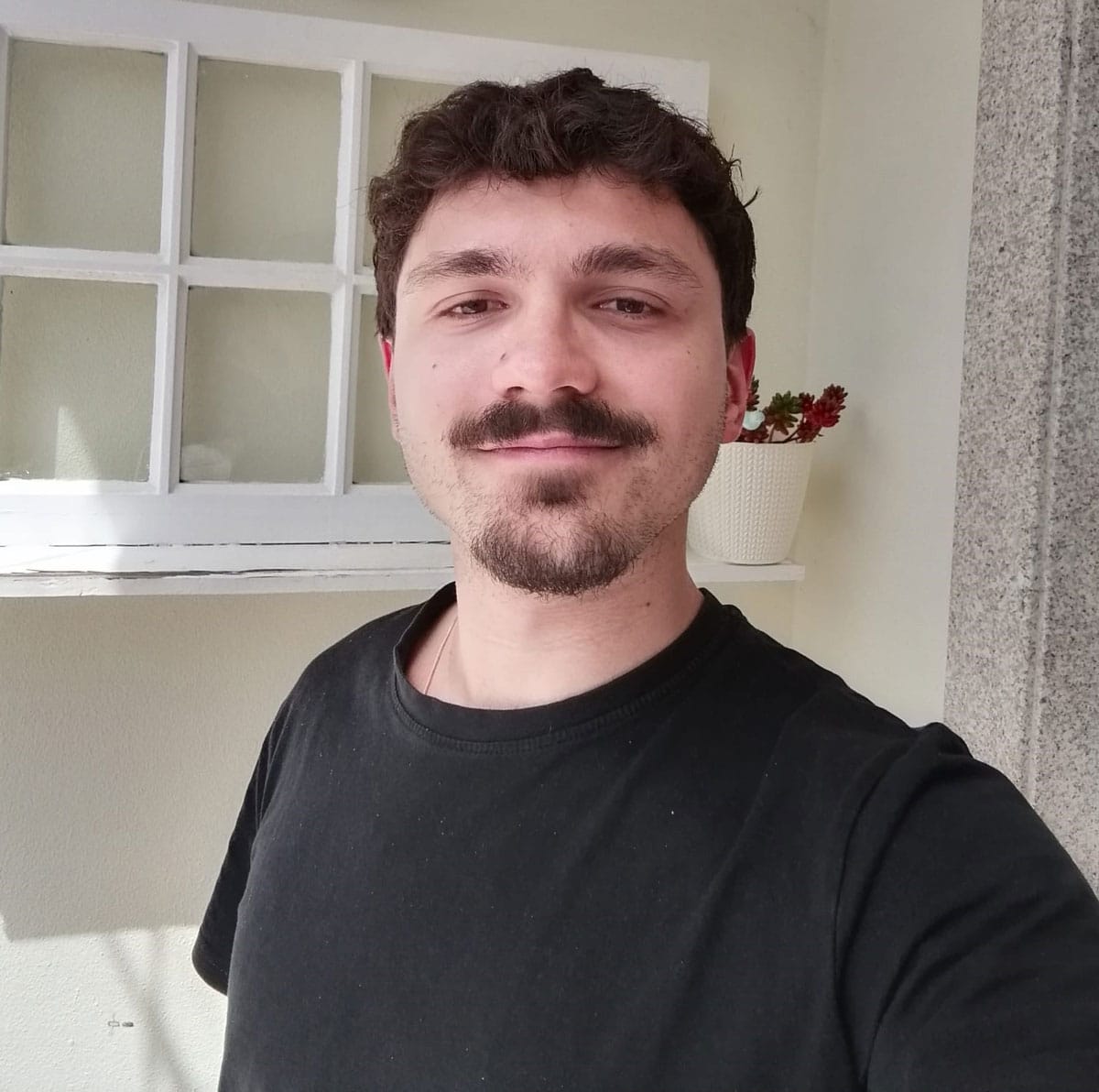Vasco Serra Cardoso, master’s student in Astrophysics and Instrumentation for Space, from the Faculty of Science and Technology of the University of Coimbra (FCTUC), was distinguished with the “Pedro Nunes” prize for the best Iberian master’s thesis in Science and Planetary Exploration, by the Europlanet Society.
The master’s thesis, entitled “Collisional Evolution of Jupiter Trojans”, was co-supervised by Nuno Peixinho, researcher at the Institute of Astrophysics and Space Sciences (IA) and the Department of Physics at FCTUC, and Paula Benavidez, professor at the Department of Physics, System Engineering and Signal Theory at the University Institute of Physics Applied to Science and Technology at the University of Alicante, Spain.
According to Vasco Cardoso, «the Jupiter Trojans are asteroids that populate the regions 60˚ in front and 60˚ behind Jupiter in its orbit around the Sun. They are believed to be remnants of the early days of the Solar System and have remained in these orbits since their capture. But there are at least six families of asteroids in these regions indicating that they have suffered many collisions since their formation».
«Through computer simulations, it was possible to study the evolution of Jupiter Trojan collisions under different formation scenarios, taking another step in understanding the history of the formation of the Solar System», reveals the student.
«This award greatly honours our, now former student, Vasco Cardoso, as well as his supervisors, also rewarding the science that is carried out at our University of Coimbra and its international collaborations, in this case, with the University of Alicante, Spain», considers Nuno Peixinho.
The “Abraham Zacut” Prize for the Best Iberian PhD Thesis in Planetary Sciences and Exploration was awarded to Jennifer Huidobro, from the University of the Basque Country, Spain.
These awards are named after historic astronomers from Spain and Portugal, who lived and worked in both countries, serving as models of Iberian synergy and collaboration. His contributions to astronomy and instrumentation played a fundamental role in the era of maritime navigation and enabled historic discoveries of planetary importance.
Follow us on Facebook, Twitter, Instagram, Youtube, and TikTok and see the exclusive content for social networks.




